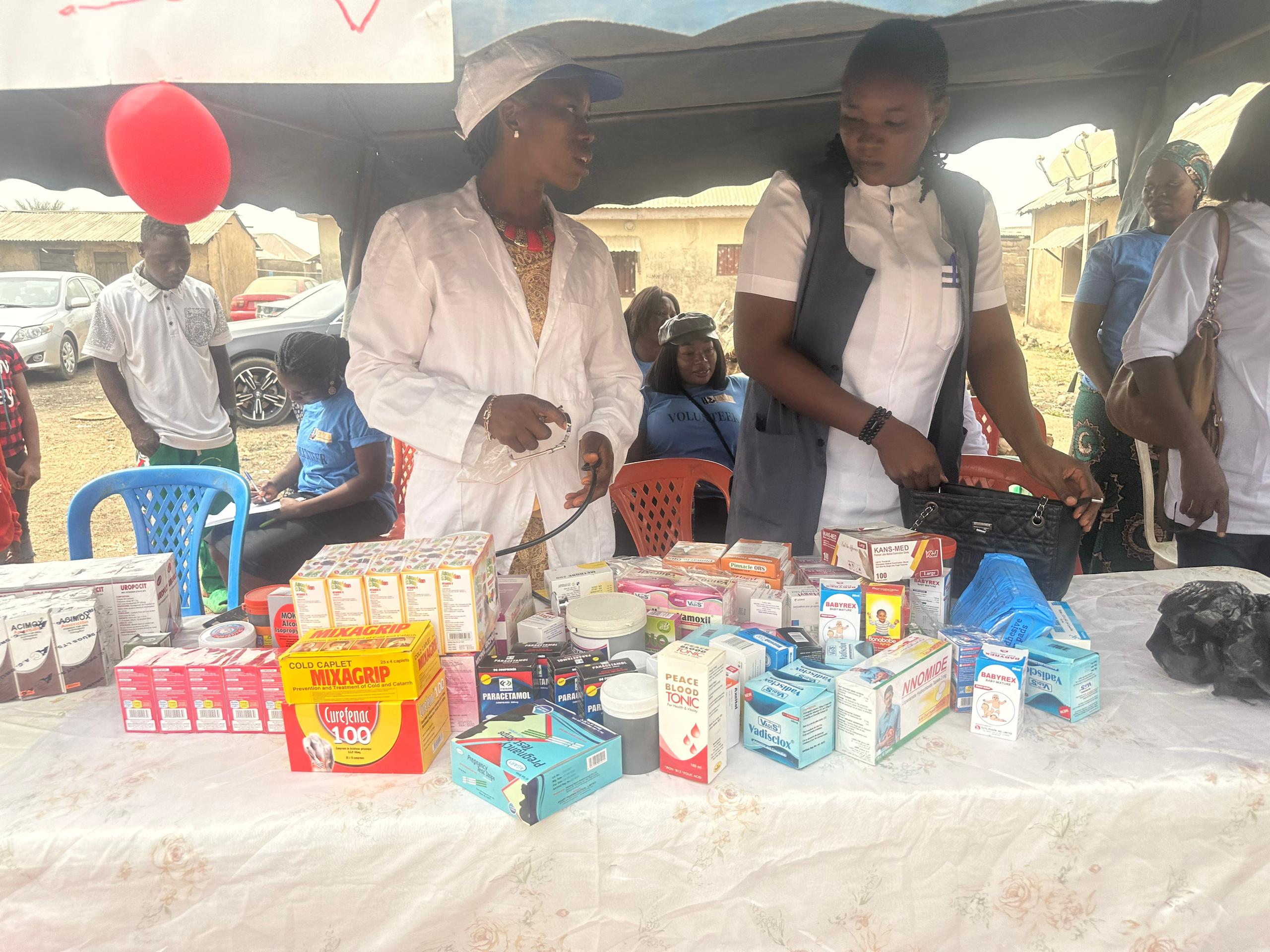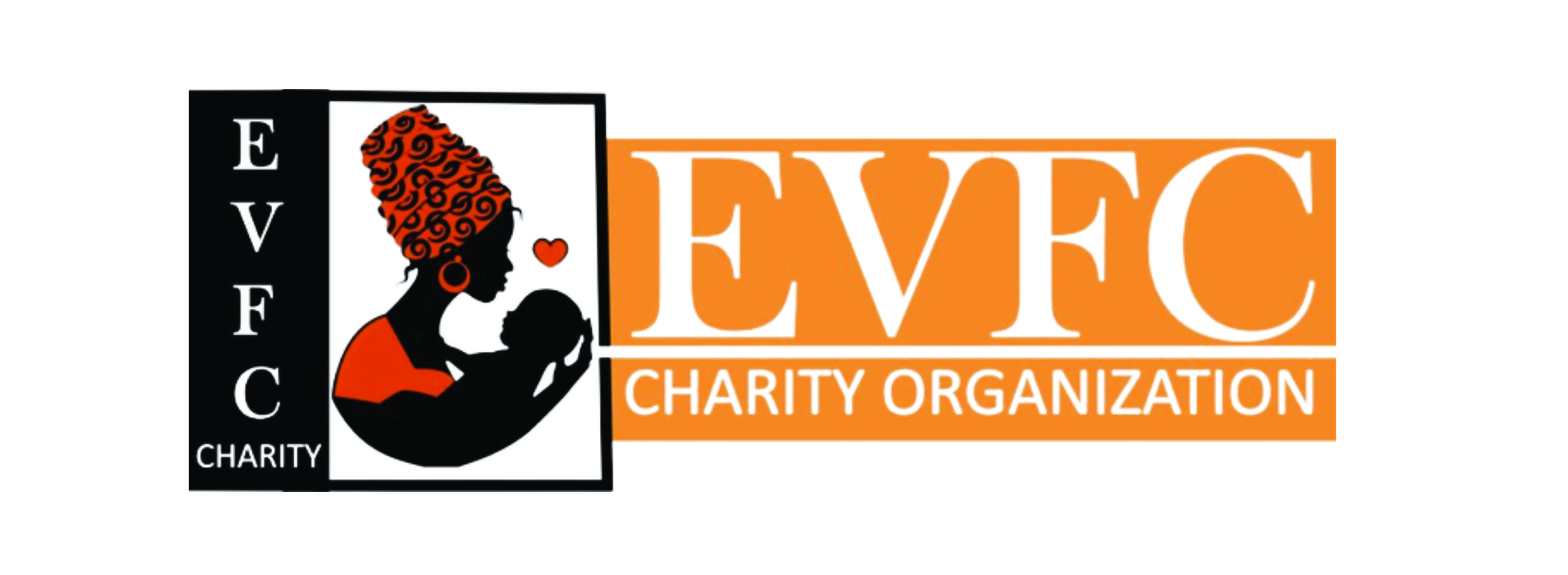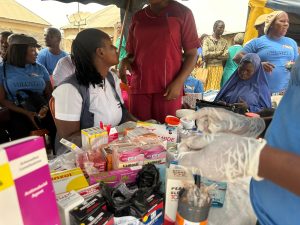Understanding the Vital Role of Vaccines: A Crucial Discussion
In recent years, the topic of vaccines has sparked intense debate and discussion across various platforms. With the rise of misinformation and skepticism surrounding their efficacy and safety, it’s more important than ever to shed light on the undeniable importance of vaccines in safeguarding public health.
Vaccines are a cornerstone of modern medicine, playing a pivotal role in preventing the spread of infectious diseases and significantly reducing morbidity and mortality rates worldwide. They work by stimulating the body’s immune system to recognize and combat specific pathogens, thereby providing immunity against potentially life-threatening illnesses.
One of the most compelling arguments for vaccines lies in their ability to eradicate or control deadly diseases. Historically, vaccines have played a central role in the eradication of smallpox, and efforts are underway to eliminate diseases like polio and measles. Through widespread vaccination programs, communities can achieve herd immunity, effectively protecting those who cannot be vaccinated due to medical reasons or age.
Moreover, vaccines are instrumental in preventing outbreaks and pandemics. Diseases like influenza, measles, and pertussis can spread rapidly in unvaccinated populations, leading to devastating consequences. By maintaining high vaccination coverage rates, we can mitigate the risk of outbreaks and ensure the health and well-being of individuals and communities.
It’s essential to recognize that vaccines undergo rigorous testing and evaluation before approval for public use. Regulatory agencies meticulously assess their safety, efficacy, and potential side effects through extensive clinical trials. Furthermore, post-marketing surveillance systems continuously monitor vaccine safety to detect any adverse reactions and ensure ongoing protection.
In addition to their role in disease prevention, vaccines also offer economic benefits. The cost of treating vaccine-preventable diseases, including medical expenses and lost productivity, far exceeds the cost of vaccination programs. By investing in immunization, societies can save lives and reduce healthcare expenditures, ultimately contributing to long-term economic prosperity.
However, despite overwhelming evidence supporting the effectiveness and safety of vaccines, misconceptions and misinformation continue to proliferate. Addressing vaccine hesitancy requires comprehensive education, open dialogue, and accessible, trustworthy information. Healthcare providers, policymakers, and community leaders must collaborate to combat misinformation and promote vaccine acceptance.
As we navigate the challenges posed by infectious diseases and emerging pathogens, vaccines remain our most potent tool in protecting public health. By understanding and embracing the importance of vaccines, we can collectively work towards a healthier, safer future for all.












Comment (1)
1winchile-casino.xyz
I was pretty pleased to uncover this page. I wanted to thank you for your time for this wonderful read!!
I definitely enjoyed every part of it and I have you saved
to fav to check out new stuff on your web site.